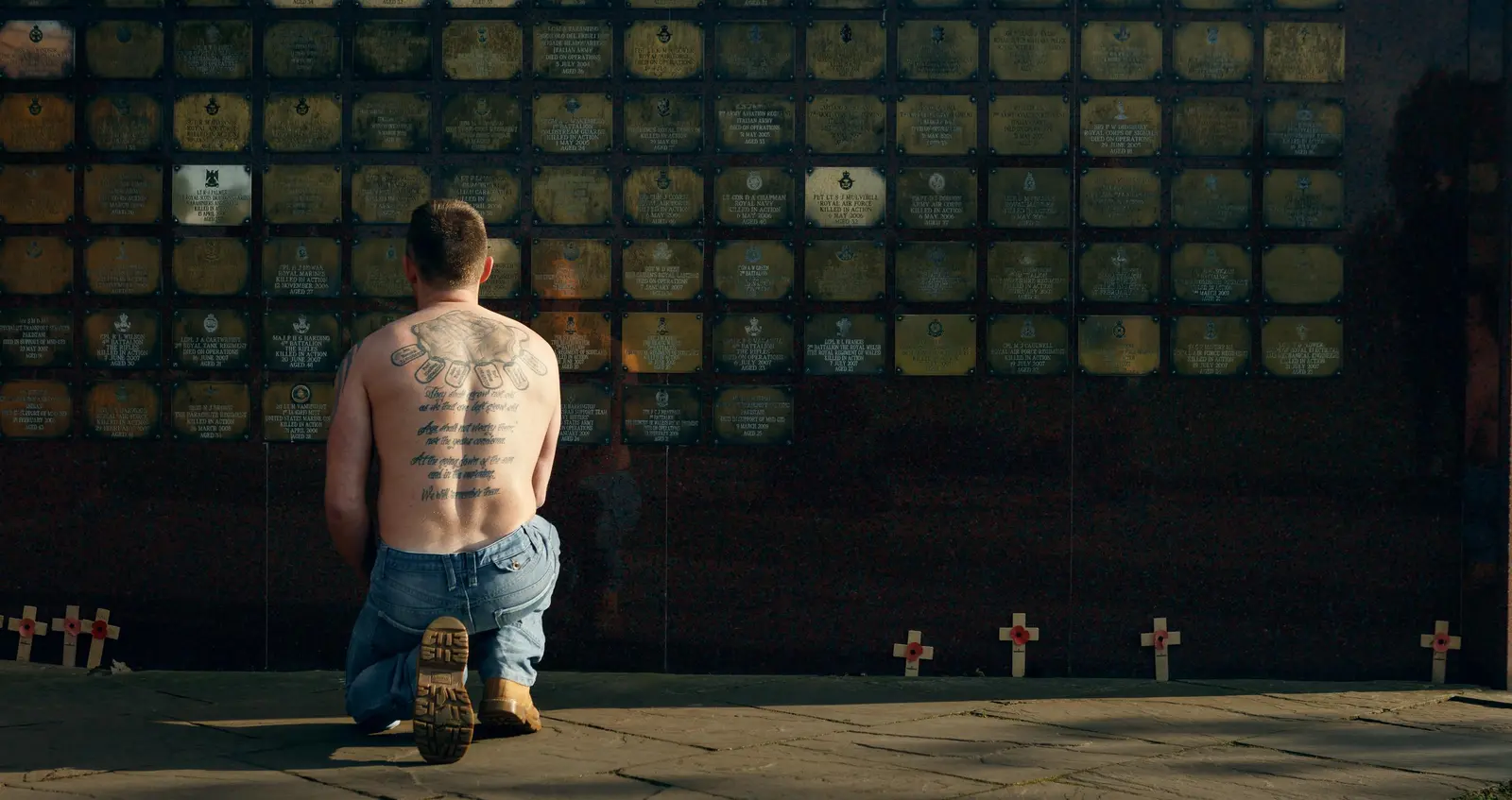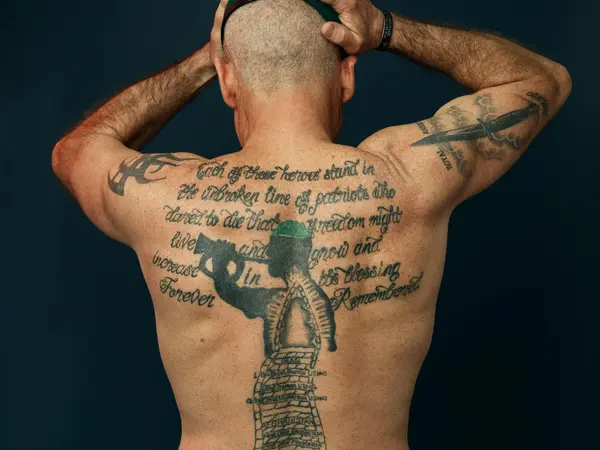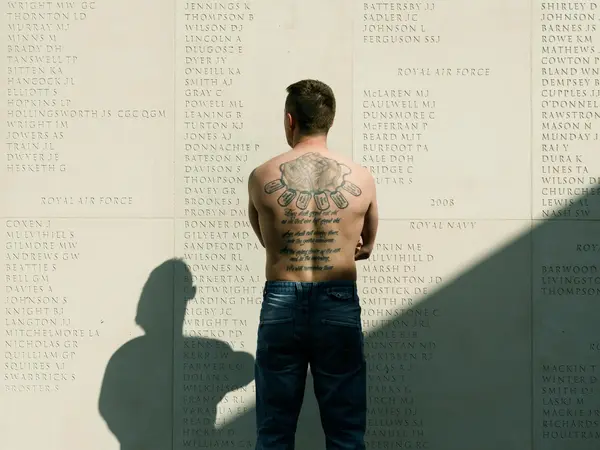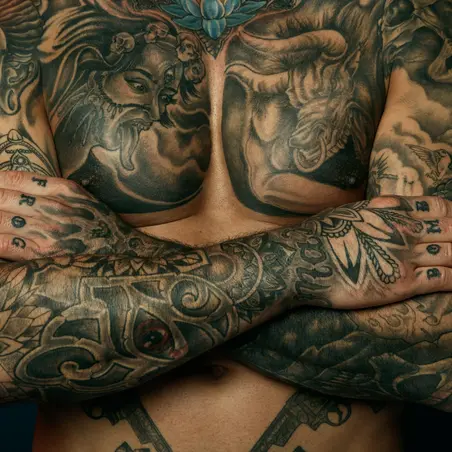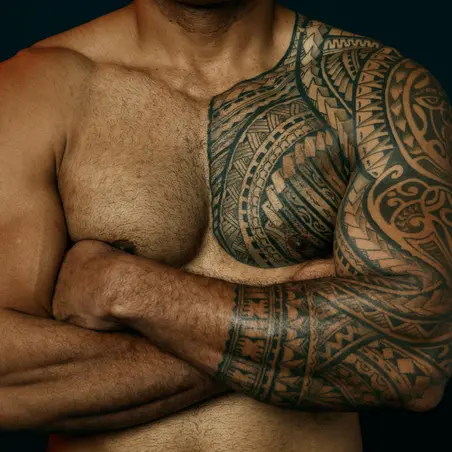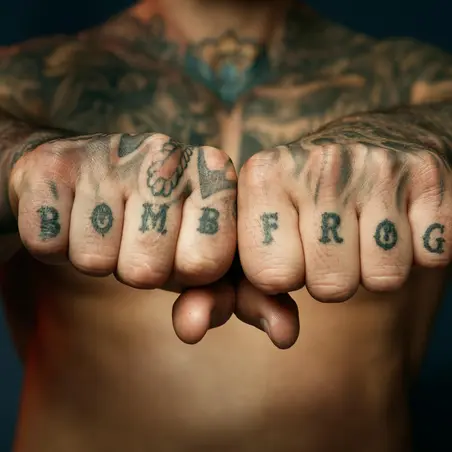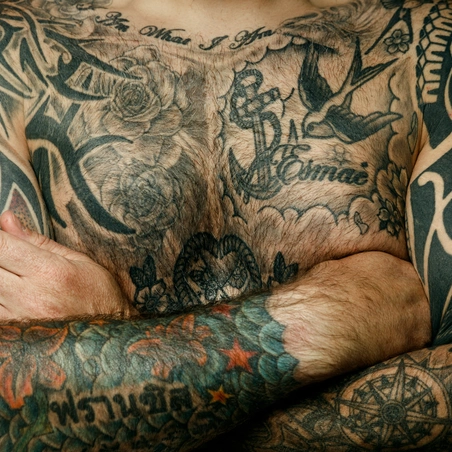Often the tattoos worn by people in our Armed Forces are more than body art.
They are deeply personal, unconventional acts remembering those who have fallen. Just like war memorials and Remembrance Sunday, these tattoos preserve the memory of friends, relatives and people who have made the ultimate sacrifice for our country.
Loss through war and conflict will always affect service families waiting at home. In the tragic cases of those who never return home, loved ones sometimes get Remembrance tattoos as a way to cope with their loss and to commemorate the achievements of their lost friend, family member or partner.
Matt Tomlinson
Paul Glazebrook
Getting Inked
If you have ever had a tattoo, you’ll know that it’s a long and painful process. But this can be as important an act of Remembrance as the tattoo itself. By offering up body and mind to a period of pain and deep thought, the recipient is allowed to pay their respects by making their own small sacrifice, reflecting on the lives of those no longer with them or the experience that has shaped them.
For many, the tattooing itself offers an opportunity to talk about experiences, feelings and losses, and many end up forming lasting bonds with their tattooist through the intimate process.

